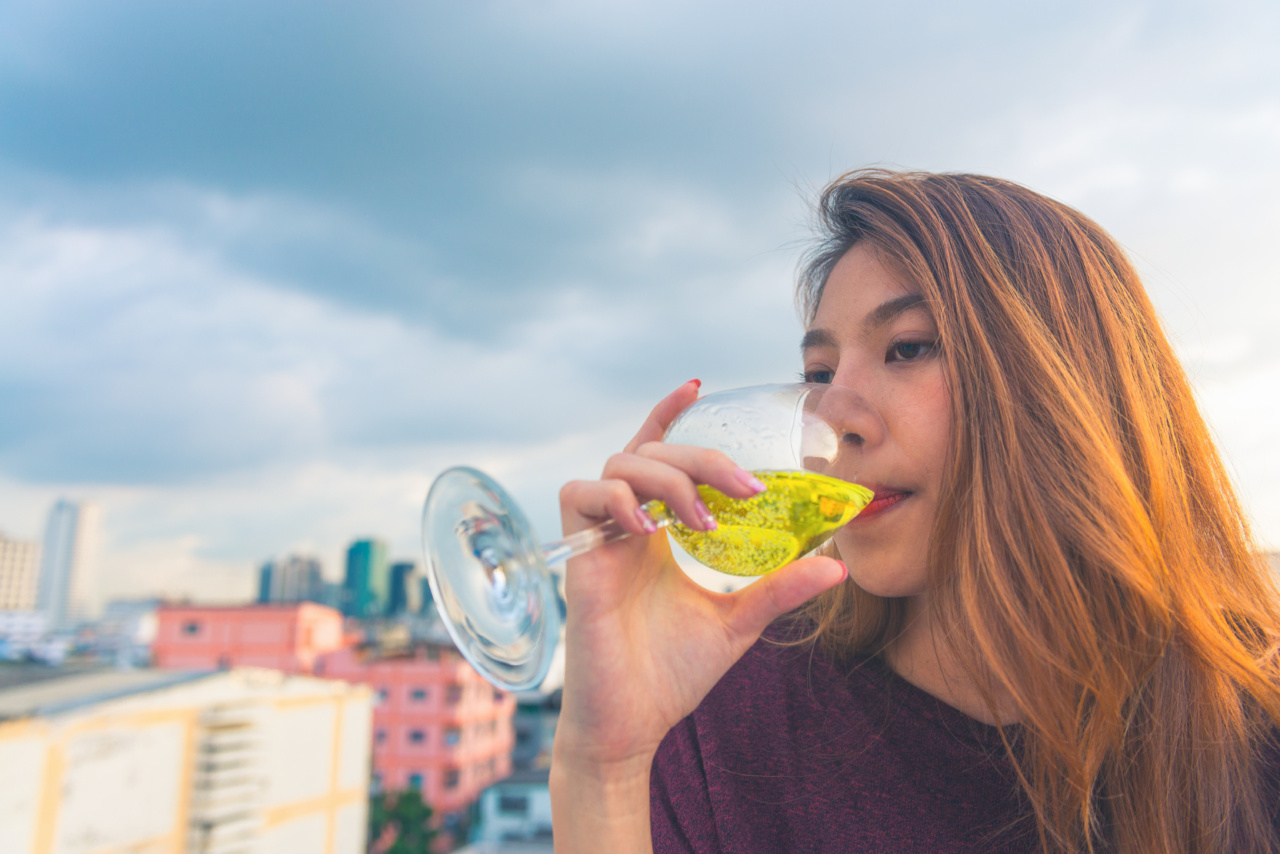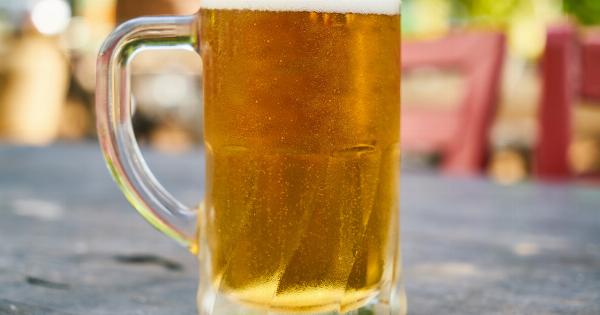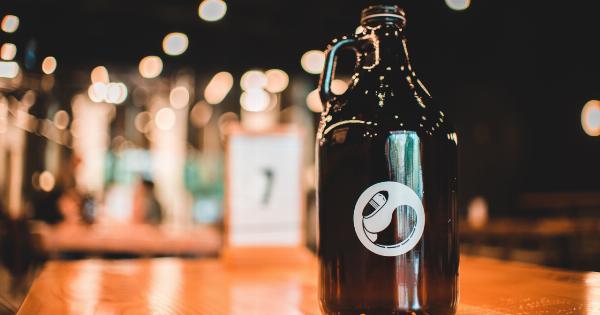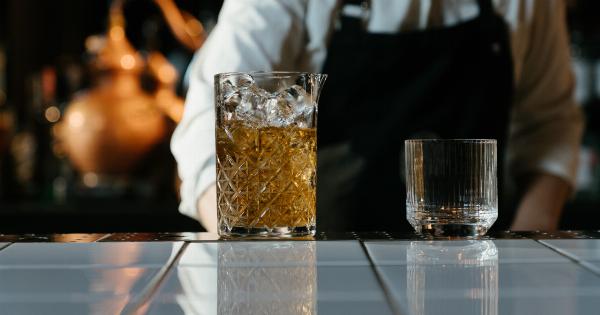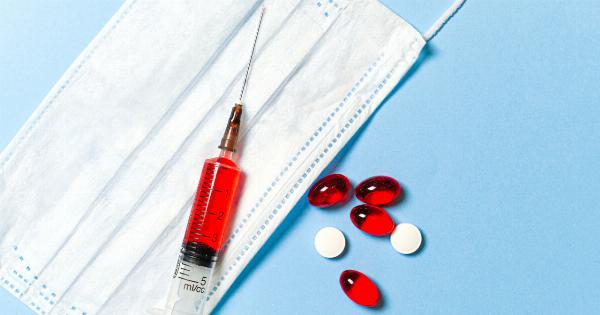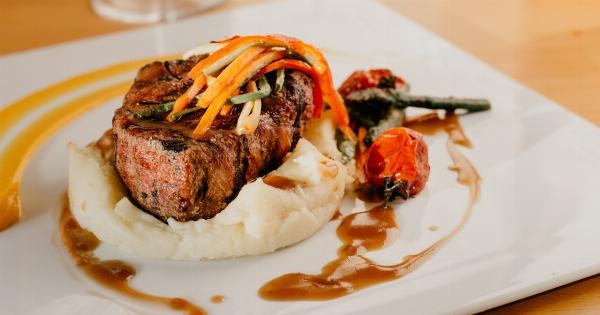Many people grow up hearing the adage “beer before wine, you’ll feel fine; wine before beer, you’ll feel queer.” But is there any truth to this popular saying or is it simply a myth? In this article, we aim to explore the age-old belief and separate the fact from the fiction.
The Origins of the Saying
The saying has been around for centuries, with variations found in different cultures.
It is believed to have originated in Germany, where beer is a popular beverage, and the belief was that consuming beer before wine would lead to a lesser hangover the next day.
The Science Behind Alcohol Metabolism
Before delving into the myth, it is essential to understand how our body metabolizes alcohol. When you consume alcoholic beverages, your liver breaks down the ethanol (alcohol) into acetaldehyde, a toxic substance.
This acetaldehyde is then further metabolized into acetic acid, a harmless substance.
The rate at which your body processes alcohol depends on various factors, including your body weight, metabolism, and alcohol tolerance.
It’s important to note that everyone’s tolerance to alcohol differs, and genetics also play a role in how efficiently your body metabolizes alcohol.
Does the Order of Consumption Matter?
Contrary to popular belief, several scientific studies have found no significant difference in hangover severity or blood alcohol concentration based on the order in which alcoholic beverages were consumed.
The symptoms and intensity of a hangover are primarily influenced by the amount of alcohol consumed, not the order in which it was consumed.
Factors Influencing Hangover Severity
While the order of consuming alcohol may not have a direct impact on hangover severity, various other factors can influence how severe a hangover is. These include:.
1. Alcohol Content
The higher the alcohol content in a beverage, the greater the risk of experiencing a severe hangover. Beers generally have a lower alcohol content compared to wines or spirits, making them a milder choice.
2. Hydration
Alcohol is a diuretic, meaning it increases urine production and can lead to dehydration. Hydration plays a significant role in the severity of hangovers.
Consuming moderate amounts of water alongside alcoholic beverages can help reduce the risk of dehydration and lessen hangover symptoms.
3. Mixing Different Types of Alcohol
When you consume various types of alcohol in one sitting, such as starting with beer and then switching to wine, it may be the volume of alcohol overall that contributes to a more severe hangover rather than the order.
Mixing types of alcohol can lead to higher consumption, making it more challenging for the body to metabolize.
4. Drinking Speed
The rate at which you consume alcohol can also affect the severity of a hangover. Rapid consumption can lead to higher blood alcohol concentration and increase the risk of experiencing a more intense hangover the next day.
5. Individual Tolerance
As mentioned earlier, individual tolerance plays a significant role in hangover severity. Some people may be more sensitive to certain types of alcohol or may metabolize alcohol more slowly, leading to more pronounced hangover symptoms.
Taking Precautions for a Hangover-Free Experience
If you want to minimize your chances of experiencing a hangover, regardless of what you choose to drink or the order of consumption, here are a few tips:.
1. Moderation
Drink alcohol in moderation, keeping in mind recommended guidelines for safe and responsible consumption. This differs based on factors such as age, sex, and health conditions.
2. Stay Hydrated
Ensure you drink water or non-alcoholic beverages alongside alcoholic ones to stay adequately hydrated.
3. Pace Yourself
Avoid rapid consumption, allowing your body time to metabolize the alcohol and avoid excess blood alcohol concentration.
4. Know Your Limits
Understand your individual alcohol tolerance and adjust your consumption accordingly. Pay attention to how your body reacts to different types of alcohol.
Conclusion
The myth of drinking beer before wine or vice versa influencing the severity of a hangover appears to be just that—a myth.
The key factors affecting hangover intensity are the overall amount of alcohol consumed, hydration levels, mixing alcohol types, drinking speed, and individual variation in alcohol metabolism. While the order of consumption does not play a significant role, it is essential to consume alcohol responsibly and practice moderation to minimize the risk of experiencing a hangover.
